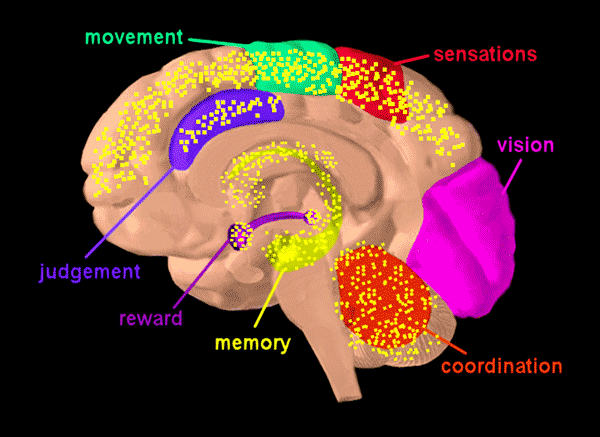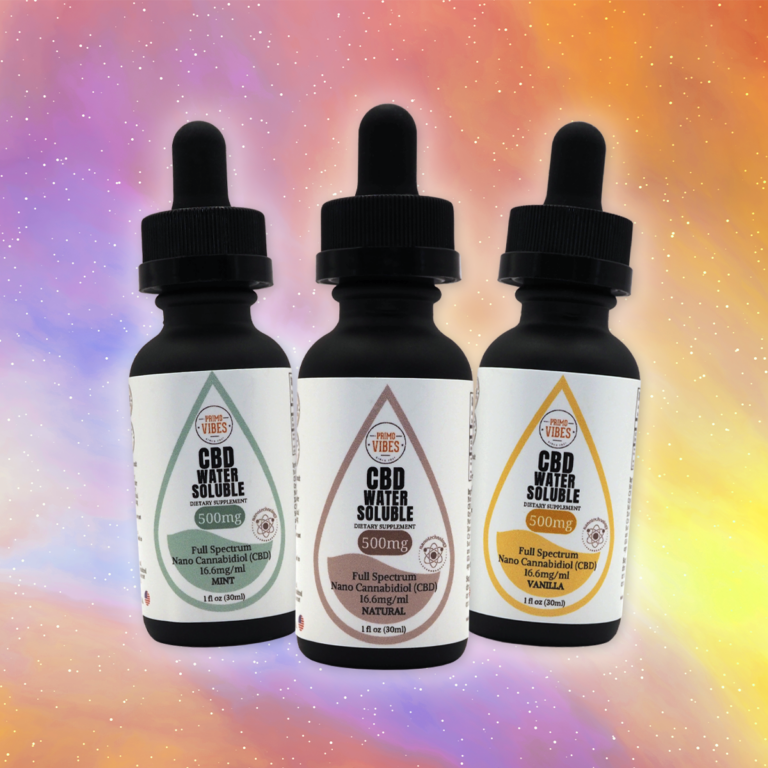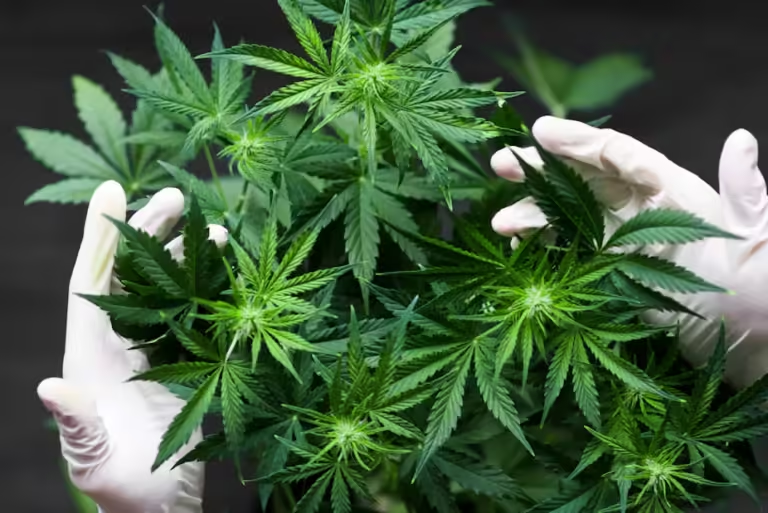What Does THC Do To The Brain
THC, short for Tetrahydrocannabinol, is the main psychoactive ingredient in cannabis, responsible for the “high” commonly associated with marijuana use. Understanding how THC works in the brain helps to clarify both its immediate and lasting effects. Once consumed, THC interacts with the body’s endocannabinoid system (ECS), which plays a key role in regulating vital functions like mood, memory, pain sensation, and appetite. The mind-altering effects of THC arise from its interaction with the ECS.
The brain naturally produces chemicals known as endocannabinoids, which bind to receptors in the ECS—primarily the CB1 and CB2 receptors. THC imitates these endocannabinoids and binds mainly to CB1 receptors, which are concentrated in brain regions responsible for memory, coordination, and pleasure. This activity is what triggers the psychoactive effects of THC. When THC binds to CB1 receptors, it can alter the brain’s information processing, leading to changes in sensory perception, mood shifts, and a distorted sense of time. This explains why users may feel euphoric, relaxed, or introspective after consuming THC.
THC has a significant impact on the brain, particularly in areas related to memory and cognition. It disrupts the hippocampus, the brain’s region responsible for forming new memories, which is why short-term memory loss is a frequent side effect of marijuana use. While this memory disruption is often temporary, long-term or heavy use may lead to lasting cognitive changes.
Additionally, THC affects the brain’s reward system by triggering the release of dopamine, a neurotransmitter linked to feelings of pleasure and reward. This dopamine boost is what leads to the relaxation and euphoria associated with cannabis. However, it can also contribute to dependency, as the brain begins to connect THC use with pleasurable sensations.

Beyond the immediate high, THC can have more complex and varied effects depending on the individual. Factors like the strain of cannabis, dosage, and frequency of use can alter how the brain reacts. For some, THC may reduce anxiety and stress, while in others, it can trigger or exacerbate feelings of paranoia or anxiety, particularly in higher doses. This is thought to be linked to how THC influences areas of the brain responsible for emotional regulation, such as the amygdala.
Over time, regular use of THC can lead to changes in the brain’s structure and function. Studies suggest that chronic cannabis users may experience alterations in brain regions involved in learning, memory, and executive function. While the brain is capable of adapting to these changes, especially with abstinence, some research indicates that long-term, heavy use may result in more permanent cognitive deficits.
In addition to these cognitive effects, THC also impacts motor skills and reaction time. This is why activities like driving or operating machinery are strongly discouraged while under the influence of THC. The compound slows down the communication between brain cells, leading to delayed responses and impaired coordination, making certain tasks more dangerous.
Another area of interest is THC’s potential neuroprotective properties. Some studies suggest that THC, in controlled and moderate doses, may have therapeutic benefits for certain neurological conditions, such as multiple sclerosis or epilepsy. This is because THC can influence neural pathways and reduce inflammation, which may protect brain cells from damage.
In conclusion, THC has a profound impact on the brain, influencing everything from mood and memory to motor skills and cognition. While its effects are mostly temporary, long-term or excessive use can lead to more significant changes in brain function. Understanding the interaction between THC and the brain is essential for making informed decisions about cannabis use and its potential risks and benefits.






